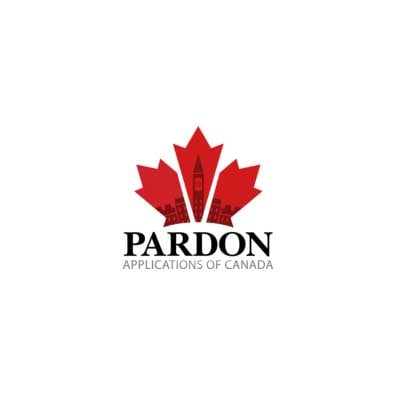
As wintry winds start to blow in the ‘Great White North’, many Canadians will start to plan getaways to warmer locales in the Caribbean, and Jamaica is one of our favourites.
But, as popular as it is, many Canadians avoid Jamaica due to its high crime rates.
In 2005, Jamaica had the highest murder rate in the world (58 per 100,000 population). And rates for other violent crimes and drug-related offences are also very high.
But, after increased police patrols, curfews and anti-gang activity, the murder rate fell by almost one third to 40 per 100,000 population in 2011. (For comparison, Canada’s murder rate in 2011 was 1.73 per 100,000 population).
But crime rates are still very high, particularly for drug-related offences, and, in addition to the devastating effect on victims and their families, it affects the country in a many adverse ways.
One symptom is that high crime rates result in a higher percentage of the population having a criminal record. With the same consequences of having a criminal record as most other countries, including difficulty finding a job and travelling out of the country, Jamaica faces the problem of having a relatively large percentage of the population who are unqualified for many jobs.
To address the problem, in 1988 the Jamaican Government passed The Criminal Records (Rehabilitation of Offenders) Act (the Act). Among other provisions, The Act allows for criminal records to be ‘expunged’ under certain circumstances.
Canada is one of the only countries in the world to offer criminal record pardons to help record holders apply for work, travel and avoid many of the other consequences of their conviction. But a pardon means the criminal record still exists, it’s just not visible to public searches.
With expungement, Jamaica gives its criminal record holders a further step up by completely eliminating their record. And the Jamaican Parliament recently amended the Act to reduce the restrictions on convictions that are eligible for expungement. Instead of generally applying to prison sentences of three years or less, an expungement can now be applied for by those who served five years or less. And ‘rehabilitation periods”, the time that must pass after a sentence is served before record holders can apply for expungement, have also been reduced for almost all sentences.
The practical differences between a Canadian Pardon (also known as a ‘Record Suspension’) and a Jamaican expungement are debatable. They both allow criminal record holders to carry on with their lives unhindered by the consequences of their record. But with the complete elimination of the record, Jamaica may also be restoring confidence and self-esteem to a relatively large portion of its population who, while having been perpetrators, are indeed also victims of a culture of high crime.
Sources:
Government of Jamaica
Jamaica Gleaner
PAC’s Ongoing Service Commitment
Email [email protected]
Schedule a Call https://www.pardonapplications.ca/schedule-a-call/
My Account Dashboard https://dashboard.pardonapplications.ca/


